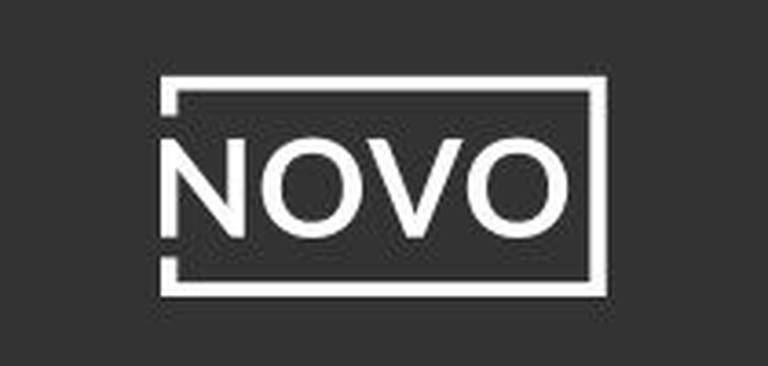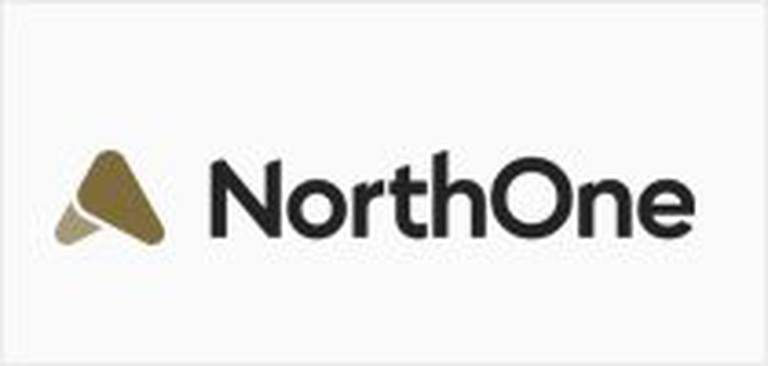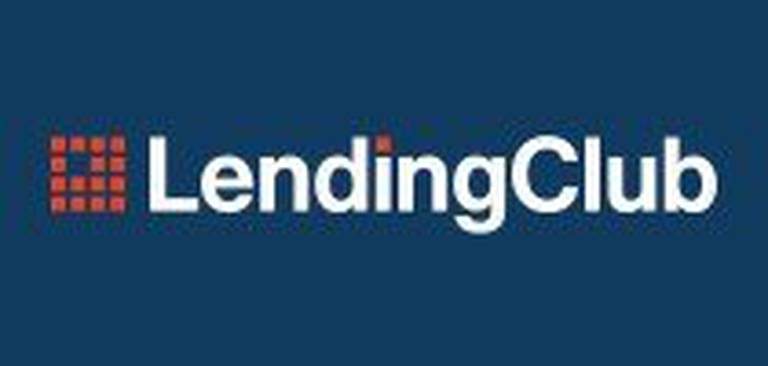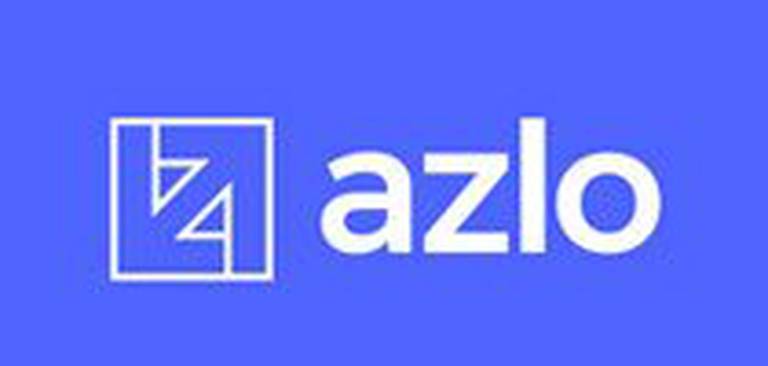Our four-step process covers everything you need to know, from choosing the right bank and preparing the right documents to depositing funds.
Deal of the Day: Chase is now offering a $200 cash bonus when opening a Total Checking® Account. No minimum deposit and all deposits are FDIC insured up to the $250,000 per depositor maximum. Learn More
How to Choose a Bank
There are so many options when it comes to business bank accounts. Should you go with an online bank or a brick-and-mortar one? We'll dive into the benefits of each, so you know what works best for you.
But first, let’s go over the most common business bank accounts — free, standard checking, online, and savings accounts.
Free business bank accounts deliver on their name. You’ll never pay a monthly maintenance fee, which is ideal for companies that don’t make daily transactions. Free business bank accounts are primarily offered by online platforms. They have many of the same banking features as their traditional counterparts, such as deposits, transfers, and withdrawals.
Small business checking accounts charge a low monthly fee, though many financial institutions offset this with welcome offers and sign-up bonuses. This platform gives you access to a wide range of branches and ATMs across the country. You can write checks on behalf of your business and use company credit cards, too.
If you don’t need a physical branch or ATM, consider opening an online business checking account. Online banks typically don’t charge fees, but neither do they handle cash deposits. Put your money to work with an account that offers an annual percentage yield (APY) of more than 1%.
Conventional business savings accounts also have APYs above 1%. This makes them one of the safest options for your money, maximizing company savings for future transactions, expansions, and emergencies. There are several varieties, including business CD, high-yield savings, and money market accounts.
Once you know what you want, you can whittle your list down to the banks that provide those accounts.
Choosing the Best Type of Business Bank Account
How you select a business bank will depend on your company’s size, net income, number of employees, and many other factors.
Many people open business accounts at banks where they’re already a customer. If you’re a Bank of America user, for example, you have an existing relationship with the staff and understand what to expect from their financial products and services. The best banking experiences should be seamless in all aspects.
Start by selecting a bank that offers all the services you need, whether in-branch or online. Core in-branch services include making deposits and speaking face-to-face with customer service representatives. Online banking lets you view your balance, initiate transfers and wires, and pay your bills.
Other things to consider when choosing a business bank account include:
- Fees
- Proximity of branches and ATMs
- Website and mobile app quality
- Bookkeeping integration
- Annual percentage yields
- Other financial products and services, such as loans and credit cards
Most business bank accounts are similar, so don’t overthink it. What separates one bank from another is the people. Knowledgeable and friendly staff will make all the difference when it comes to using your bank account.
Make sure your financial institution can grow with you. A sage choice will make operating your company’s finances easier and give you more time to focus on running your business.
Related: Best Banks for Small Business
Documents Needed, Online or In Person
The documents you need to open a business bank account vary between institutions. Keep in mind, however, that most banks have the same requirements for online and in-person accounts. As an example, here’s the paperwork you’d need to open some business accounts:
- Two forms of identification, including one government-issued ID, such as a passport, birth certificate, or driver’s license.
- A Tax Identification Number (TIN), Employer Identification Number (EIN), or Social Security number. Non-citizens can use an ITIN.
- Basic information about your business, such as your address, phone number, number of employees, and annual sales.
You’ll need to submit additional information depending on the type of company you run. If you run a sole proprietorship, the owners or other authorized representatives must be present when you open the account. You should also bring an assumed name certificate or company trust.
Other structures, such as unincorporated business organizations or associations, have more complicated set-ups. An authorized representative must be present with the supplemental paperwork that includes a letter with a company masthead listing current business partners.
The process diverges depending on your EIN. If you have your own EIN, you’ll need articles of association, a charter, and documents from the IRS approving your EIN. If you have a parent company, you should have a letter of approval from the national or regional office.
How to Deposit Your Funds into Your Business Account
You can deposit money into your bank account in person, online, and via mobile. The question is: How do you want to account for those funds? You have two options, both with distinct risks and tax consequences.
First, loans. If you want to receive loans, you’ll need a business loan agreement between you and your lender. The contract establishes the loan terms, including how much you’re borrowing and when you’ll pay back the sum with interest.
Make sure the loan qualifies as an arms-length transaction. Both parties should act independently without outside pressure or duress. Arms-length transactions are especially important if you receive money from friends or family members who may have a potential conflict of interest.
The federal government taxes the interest on the loan when you repay it. The company should send the lender a Form 1099-INT accounting for the total interest received. Note that you’ve already paid taxes on the principal and don’t need to pay those again.
Second, investing. Investing offers another way to bolster your bank account. As long as the business isn’t incorporated, you can collect checks or money orders before depositing them. In return, you give investors shares in the company, which appear as owner equity on your balance sheet.
A similar process applies if you run a corporation. Investors become shareholders, and they can take their money out at any time. If you invest in your own business, the IRS wont tax your withdrawals because you should have already paid taxes on your company’s net income.
Benefits of Opening a Business Bank Account
If you want to run a successful company, you have to act the part. A business bank account gives you a look of professionalism. Vendors and investors will perceive your organization as more credible, thanks to small gestures like company credit cards and checks printed with your logo.
A business bank account helps centralize your financial information. It keeps you organized, which comes in handy in the absence of in-house accountants. The bank separates business and personal transactions automatically while keeping track of overall profitability.
The bank’s organization saves you time come tax season. The clear and detailed paper trail makes filing tax returns more straightforward and minimizes your chances of IRS penalties. You can also use the business bank account to deduct business expenses from your personal returns.
If you maintain your business bank account long enough, credit bureaus will take notice. The credit monitoring agencies will raise your company’s credit score after you demonstrate a reliable pattern of borrowing money and paying off debts. Some of the other benefits of high credit scores include:
- Lower interest rates
- Improved reputation
- More favorable lending terms
- Increased negotiating power
- Approval for higher spending limits
- Avoidance of certain penalty fees
Your customers will also benefit from your business bank account. Companies can use the platform to accept payments from merchant accounts, which means clients can use credit cards. Most financial institutions handle banking and merchant finances together for added ease.
Places to Open a Business Bank Account
Novo

Join the thousands of business owners already using Novo. The company makes banking more accessible to small organizations, independent contractors, and entrepreneurs. Novo’s no-hassle approach has garnered press in The Wall Street Journal, Fortune, and American Banker.
Novo prides itself on simplicity. Setting up your account takes no more than ten minutes, and you don’t have to worry about hidden fees. Other perks distinguishing Novo from its competitors include:
- No minimum balance requirements
- Free transfers, incoming wires, and mailed checks
- Refunds on all ATM transaction fees
- Thousands of dollars in incentives
- Human-operated customer service
If you want the personalized attention of a boutique bank coupled with international cachet, Novo deserves your consideration. The user-friendly website and mobile app make it easier than ever to grow your business and bank account. You can bank with confidence, knowing that your money has FDIC Insurance as well.
Note that your money won’t earn interest at Novo. The organization doesn’t accept cash deposits, either, because the bank exists only online. As long as you’re not writing physical checks or collecting cash payments, Novo has you covered. Read more in our Novo Review.
NorthOne

If you’re looking for a mobile business bank account that caters specifically to small businesses and freelancers, look no further than NorthOne. Through a versatile mobile app, users can carry out faster payments, run payroll, and settle bills with one tap.
Jam-packed with features, the accounts only take three minutes to set up and are really simple to use. Once set up, users can unlock plenty of benefits, including free cash withdrawals from over 300,000 ATMs across the U.S., with automatic categorization of purchases seconds after the transaction has gone through, and no hidden fees.
NorthOne account holders can look forward to:
- No minimum balance requirements
- Free mobile check deposits
- Free cash withdrawals from thousands of ATMs
- On-demand customer support
For small business owners, NorthOne is perfect for efficient and easy banking. Everything can be done through the mobile app which means you can keep your account up-to-date at all times. Bear in mind that there are no physical NorthOne banks, which can make it difficult if you’re collecting cash payments. Otherwise, it’s the ideal solution for freelancers that want to stay on top of their finances.
Read More in our NorthOne Review.
LendingClub Tailored Business Checking Account

LendingClub Bank may not have the clout of Bank of America or Chase, but it still holds its own in the banking industry. The organization ranks as the 34th largest bank in Massachusetts and is one of the fastest-growing operations in the United States. It currently manages more than $1.23 billion in assets and has more than 158,000 customers.
A LendingClub Bank Account takes minutes to set up. Once you finalize your profile, you’ll have access to ATMs across the world and 24/7 customer support. LendingClub Bank even provides you with unlimited transactions, so you never have to worry about penalties, upcharges, or fees.
Perhaps the most attractive perks are LendingClub Bank’s unlimited 1% cashback program and interest rates. Every time you make a transaction with a LendingClub Bank debit card, the bank gives back 1% of the cost. It also beats the national average on interest with 0.10% APY.
LendingClub Bank favors companies that don’t deposit cash or require face-to-face interactions. You’ll need a balance of $5,000 to start earning APY, which may be a tall order for new businesses. As long as you have $5,000, you can grow your account and avoid the $10 monthly maintenance charge.
Read more in our LendingClub Bank Review.
Bluevine

Bluevine was founded in 2013 and is designed specifically for small to medium-sized businesses. Bluevine offers a business checking account with no fees and no monthly minimum balance requirements. Plus, you’ll earn interest on the account.
To expand a bit more on the checking account, its FDIC-insured for up to $250,000 and is financially-backed by Coastal Community Bank. It takes only a couple of minutes to open an account, and your balance will earn 2.0% APY - Eligibility requirements apply.
To help with your business needs, Bluevine makes it simple to deposit checks through the mobile app, and you can also deposit cash through any of the 90,000+ GreenDot locations. Within the Bluevine platform, you can also send invoices to customers (and choose how you want to be paid) as well as quickly pay your business bills.
Lastly, Bluevine also offers invoice factoring and a revolving line of credit if your business wants to explore those additional options to secure additional funding and grow your business. As you can see, Bluevine is an excellent, all-around option for businesses.
To learn more, check out our full Bluevine review.
Azlo

Azlo was created specifically with small businesses in mind. It provides full-scale business banking services to entrepreneurs, independent contractors, and freelancers for free. Plus it integrates with several of the most common financial tools in every small business owner’s toolbox. This makes it incredibly easy to track and manage your finances.
There’s only one account type available through Azlo, but it does everything you might need a business bank to do. Users get a debit card to make purchases and withdraw money and it’s quick and simple to move money around via the app.
The only downfall is there’s a limit to how much account holders can deposit through mobile checks. The limit is $20,000 per check and up to $40,000 per month, but Azlo is looking to raise these limits soon. If your monthly checks fall under this amount, it’s the perfect way to unlock free banking for your business.
Azlo is slightly different from other business bank accounts in that it offers a suite of tools that help small businesses run smoothly. Its online invoicing feature lets you create invoices through the app and send them directly to customers who can pay straight into your Azlo account — not bad for a free bank account.
Learn more about Azlo in our review.
Looking for more? Check out: Azlo vs. Novo vs. Bluevine
Learn More: Best Business Liability Insurance Providers
Bottom Line
There are no universal best practices for how to open a business bank account. It’s more important to find a financial institution that meets your needs through diverse services and experienced employees. A successful relationship should feel effortless.
Want to learn more before opening your business bank account? Check out our list of Best Free Business Checking Accounts For Freelancers and Entrepreneurs. Get the insights and research you need to open your account with confidence.
Related:









